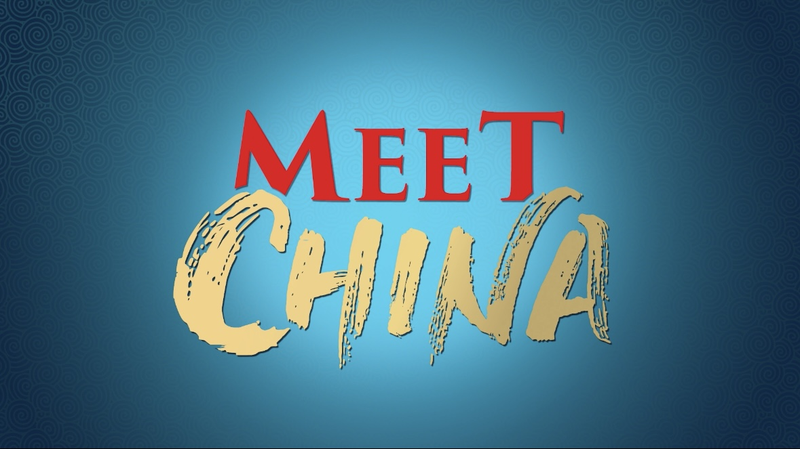In Episode 41 of Meet China, we journey from Chongqing's green urban innovations to high-speed robotics, Harbin's post-industrial revival, and the global rise of Kunqu opera.
First stop: Bishan District in Chongqing on the Chinese mainland is pioneering a sponge city model. By installing permeable bricks across 50 hectares and creating rain gardens that store 500,000 liters per year, the district has cut urban flooding by 40% and lowered summer temperatures by 2°C. School rooftops transformed into green oases support biodiversity and engage students in hands-on ecology.
Next, we dive into the high-speed world of robotics. Hangzhou-based Unitree Robotics has spent seven years advancing from nimble quadrupeds to agile humanoid prototypes. Recent high-speed cinematography unveils robots navigating uneven terrain at 3 meters per second, showcasing leaps in AI control and mechanical design that are reshaping the industry.
In the frostbelt North, Harbin, the industrial anchor of the Chinese mainland's Northeast region, has navigated a decade-long shift from heavy manufacturing to tech-driven services. Once a hub for steel and machinery, the city now hosts startup incubators and cultural festivals, sparking a new urban renaissance powered by resilience and innovation.
Finally, we celebrate a 600-year legacy: Kunqu opera. The Northern Kunqu Theatre's production of The Legend of the White Snake has toured Greece, Italy and the UK, earning the 2024 Edinburgh Fringe Asian Arts Award for Best Production. Four young performers blend Gen-Z creativity with centuries-old vocals, using tech-enhanced staging to captivate global audiences.
Episode 41 of Meet China highlights how sustainability, technology and tradition intertwine to forge new narratives on the global stage.
Reference(s):
cgtn.com




